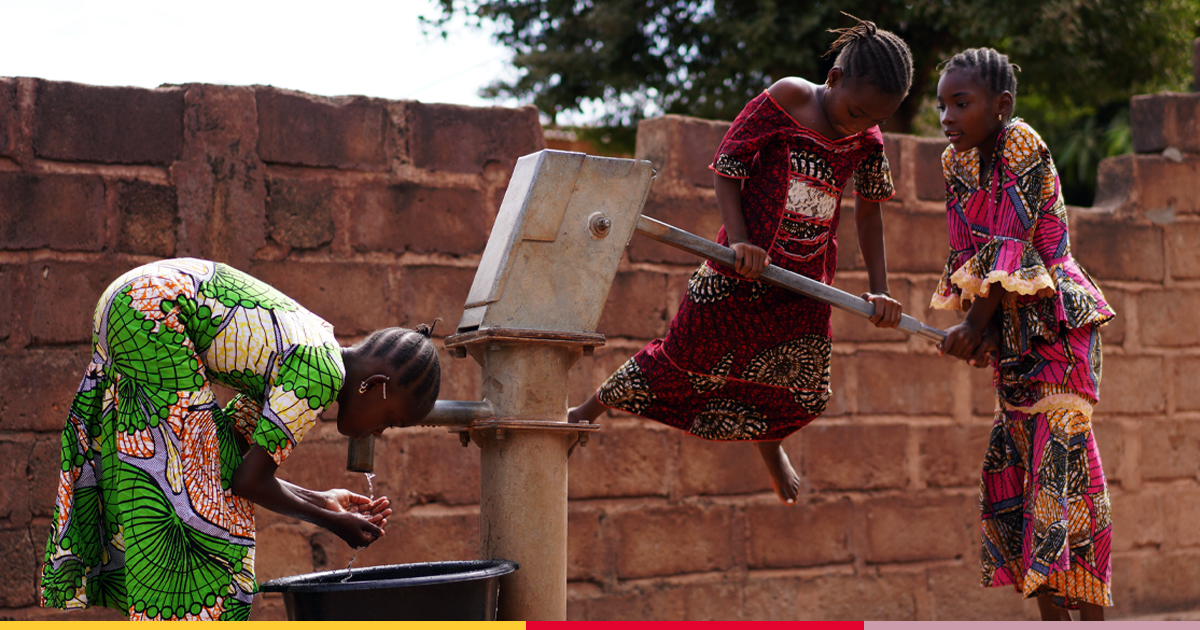The Working Group seeks to collect inputs from States and civil society on private actor involvement in the provision of social services - including services such as health, education, social security, water and sanitation. The Working Group also seeks to take into account relevant perspectives on the human rights impacts of privatisation, financialisation and commodification in the social service sector.
Download Draft General Comment Public Review
Deadline: 21 March 2022
Issued by: African Commission on Human and Peoples’ Rights Working Group on Economic, Social and Cultural Rights
Purpose: To inform the African Commission on Human and Peoples’ Rights’ forthcoming General Comment on states’ obligations to regulate private actors involved in the provision of social services
Background
In its Resolution 434, "on the Need to Develop Norms on States’ Obligations to Regulate Private Actors Involved in the Provision of Social Services", the African Commission on Human and Peoples’ Rights mandated its Working Group on Economic, Social and Cultural Rights (Working Group) to “develop norms on States’ obligations to regulate private actors’ involvement in the provision of social services”. With the first phase of the drafting process now complete, the Draft General Comment is ready for public input.
Objectives
The Working Group seeks to collect inputs from States and civil society on private actor involvement in the provision of social services - including services such as health, education, social security, water and sanitation. The Working Group also seeks to take into account relevant perspectives on the human rights impacts of privatisation, financialisation and commodification in the social service sector.
In particular, the Working Group invites stakeholders to make relevant inputs on the following:
- The role of States in regulating private actors involved in social service provision.
- The role of States in relation to human rights due diligence in the context of social services.
- Challenges related to the ability of State-based judicial and non-judicial grievance mechanisms to provide for accountability and remedy in case of human rights abuses private actors.
- Lessons learnt and good practices in the implementation of the Abidjan Principles On The Human Rights Obligations Of States To Provide Public Education And To Regulate Private Involvement In Education and the UN Guiding Principles On Business And Human Rights.
Expert consultation
The Working Group and some external experts will convene for an in-person consultation to consider public comments on 24 and 25 March 2022.
How and where to submit inputs
Inputs may be sent by e-mail. They must be received by 21 March 2022 23:59 SAST.
E-mail address: Au-Banjul@Africa-Union.Org; Mangaa@Africa-Union.Org
E-mail subject line: Inputs for ACPHR General Comment 2022
Word limit: 2000 words
File formats: Word only
Accepted languages: English and French
